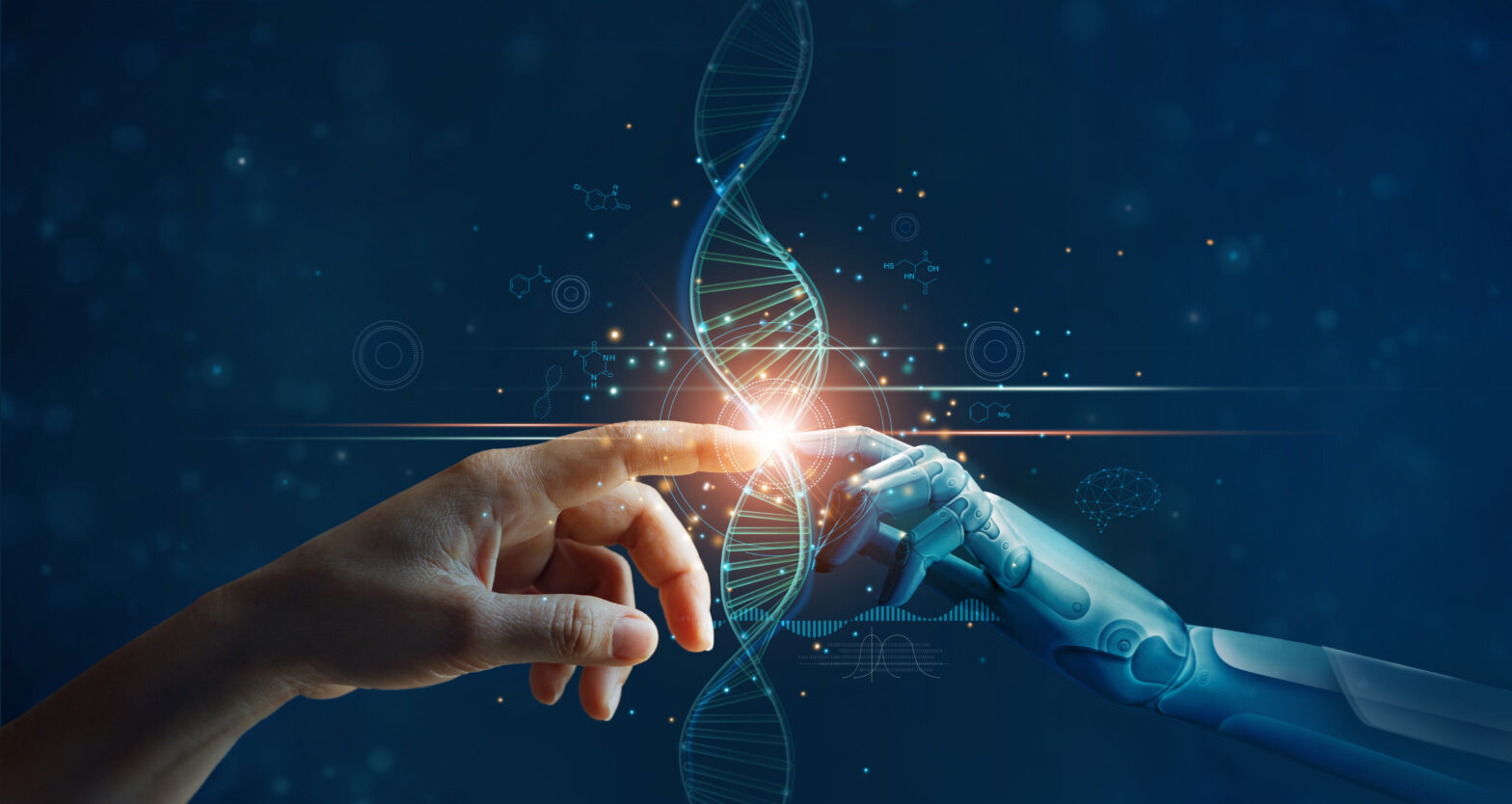A recent Study by Pew Research Center found that 85% of Americans go online daily. An even more staggering stat is that 31% of those folks report being online constantly.
The human mind is capable of processing very vague and abstract situations with lack of data and many unknowns. It can use other sensory information and experiences in helping it make decisions, and during certain situations, these decisions can happen within seconds. Human intellect is not replaceable. When we think about the advancement brought upon by the human intellect through the evolution of time, that human intellect has also increasingly become more capable. What may have taken additional time to complete even a few decades ago, can now happen in a matter of seconds or minutes. This is only possible with the toolkit that is available to our population, which we refer to as technology. These tools are composed of various hardware, software, technology, etc. The marriage of the tools along with the human intellect has been propelling the advancement at a rate we may not have ever experienced. So why does this context matter?
We live in a fast paced and a very demanding time where if technology is not being utilized, it slows down our functions as a society. In fact, our society now is entirely dependent on technology whether it is with our Supply Chain, Healthcare System, Hospitality, Transportation, etc. Among many contributions, two of the biggest contributions that technology has provided us with are the ease of completing jobs/tasks and the lightening-fast output of data aggregation.
Completing jobs and tasks are part of how we make a living, live our every day lives, and so much more. Within each area of personal use or for business use, we are heavily reliant on the use of technology. We use multiple apps throughout our day whether it is for task planning, meetings, maintaining our finances, keeping up with news, checking the weather, etc. Because all information is available instantly, the human mind can easily be resourceful when it comes time to make informed decisions. A quick Google search can quickly validate or invalidate a hypothesis. A quick search can also provide you with other peoples experiences and learnings. But herein we can also find many problems – one of which is that information we rely on is scattered, and we spend time and effort to centralize the information we seek. There is no centralized place or platform which offers peoples experiences, learnings, innovation, mentorship, guidance, or expert analysis. What if this information was available in a centralized place where a search that could yield specific results instead of hopping from one website to another in hopes of finding the correct guidance to address your given situation or problem? This is why Kreativs was founded.
When we use technology, we effectively rely on it to provide us with aggregated data. Data modeling is centric to receiving good outputs from any given data input. Usually data driven decisions are crucial to innovation and also crucial to stakeholder feedback in the world of technology. Lack of data can lead to inaccurate understandings and the problems being solved for will yield bad results leaving not only the users frustrated but also the innovators and exports who are trying to problem solve. This extends to non-business use as well, where humans rely on reliable data sets to make decisions on what they consume. Consumption varies from housing, to car purchases, phone bills, groceries, medicine, and so many other daily necessities. The human intellect can verify these data outputs by being resourceful, and identifying patterns, if possible. But even with data, information is scattered and to piece it together can take time and effort because the data is not structured in a manner which can be effectively used. How can we as humans achieve superior data modeling? Where can we find concepts and the resources to identify best practices? How can we help consumers consume the data they need for their every day decisions?
Creativity, available knowledge, and centralized knowledge sharing are ways we can adapt and problem solve for some of the problems discussed above. If information is centrally available for humans, whether it is for business or personal usage, we can address the gaps in in completing tasks and our jobs by having a better technological experience all while having ample information available centrally to strengthen how we compute our data sets for better decisions. We as humans rely on technology and technology relies on humans. Without the human intellect, the ability to achieve technological advancement would become stale, and without technology, our ability to evolve as a better society would also become stale. Together with our human minds and with the use of technology, we can expedite the experience by leveraging more centralized means of collaborating. Knowing this, we can collectively produce better data modeling and inputs towards Artificial Intelligence and Machine Learning!

